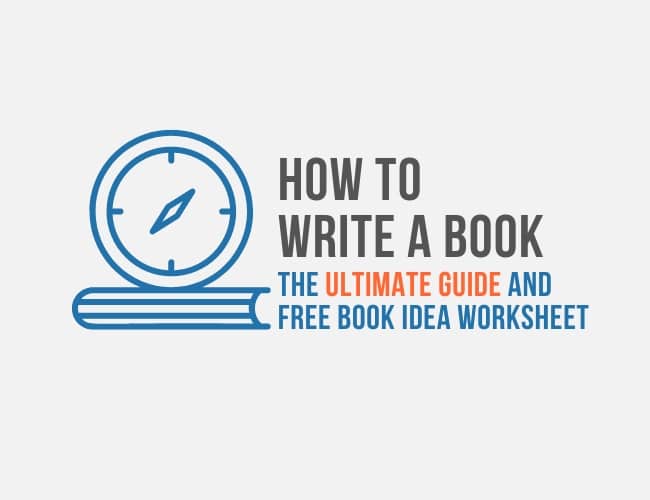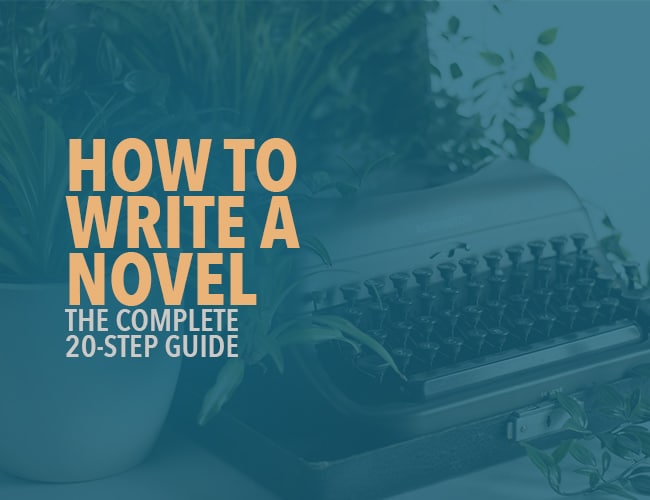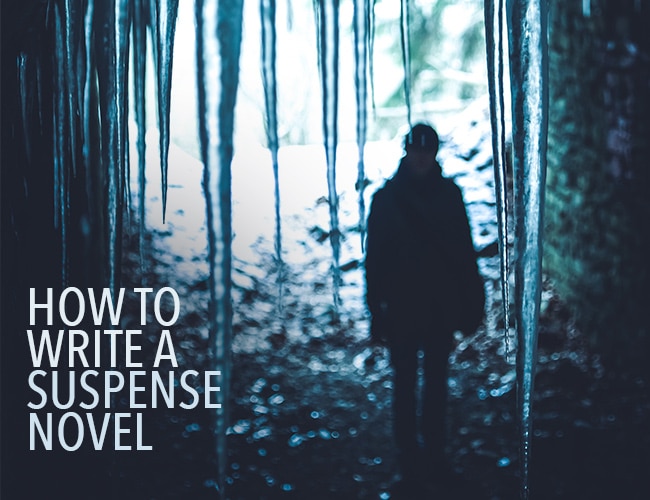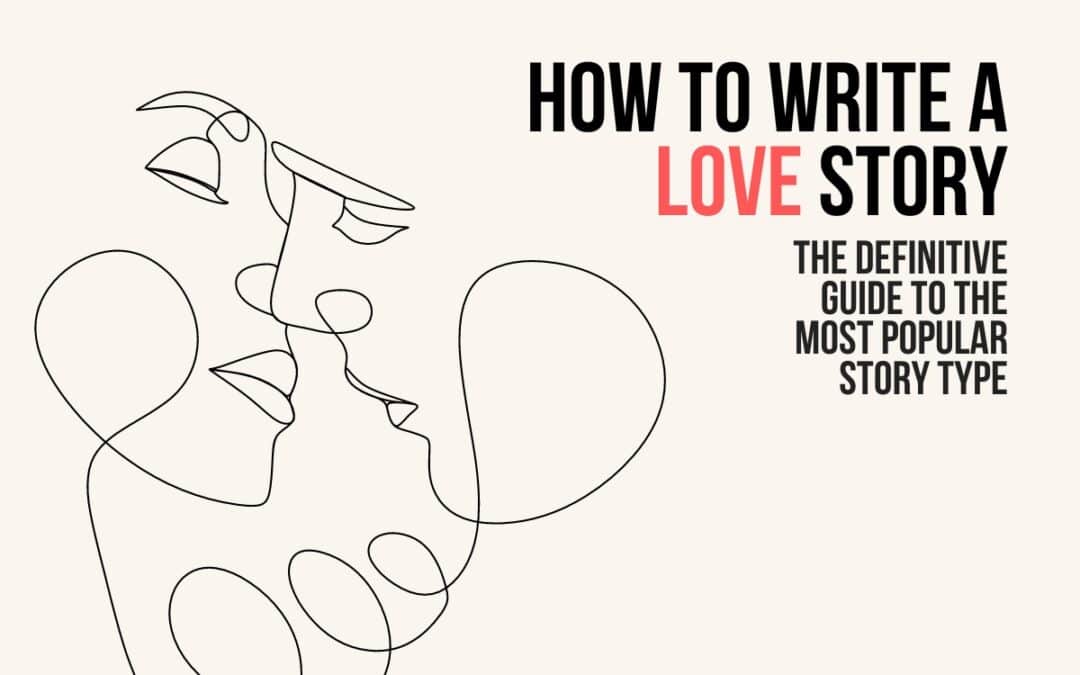
by Joe Bunting |
You want to write a book. Maybe you have a great story idea. Maybe you have a big idea you want to share with the world. Maybe people have told you, “Your life should be made into a book!” But first, you have to learn how to write a book.
The problem for the first-time author is figuring out how to get started. What are the writing habits you need to finish the actual writing for an entire book? And what comes next: traditional publishing? Self-publishing? Becoming a New York Times bestselling book?
Because after coaching thousands of writers to write and finish their books, and also writing fifteen books of my own, I know exactly how much hard work it takes to finish a book.
It’s not enough to want to write, you need to know how to write a book.
You need to have the right process. The write process, you might say (sorry, I had to!).
In this guide, we’re going to learn everything about how to write a nonfiction book, from how to defeat procrastination and find writing time, all the way to revising and the editing process—and even to the publishing process.
If you’ve ever wanted to write a book, whether a memoir, a big idea book, or a self help book, you’re in the right place.
If, on the other hand, you’re a fiction writer and have a main character who you know is going to take the world by storm, we have a complete guide on novel writing here. For you nonfiction writers, though, read on for all our best writing tips.

by Joe Bunting |
What if you could begin your novel without the fear of failing? What if you had a process so foolproof, you knew you would finish no matter what? The zombie apocalypse could finally strike and you’d still finish writing your novel.
The good news is you’ve found the write place (sorry, bad habit).

by Elizabeth Nettleton |
Few things are more exciting than an action story. The high stakes, the high-speed chases, the high-octane moment when the protagonist finally faces the bad guy in an epic battle scene—action stories will have you on the edge of your seat until the very end. Today, we’re going to look at how to write an action story that has your character’s (and reader’s!) heart racing.

by Joslyn Chase |
So you want to know how to write a suspense novel. I could tease you with this, play out the line, dangle the carrot tantalizingly in front of you. But I won’t.
I’ll just tell you outright that suspense is my baby, my favorite of all the genres. If you’ve ever experienced those delicious moments as a reader, when your heart is slamming around in your chest, your palms are sweaty, and you can’t turn the pages fast enough, you’ll know what I mean by suspense.

by Joe Bunting |
Love stories appear everywhere in the films we watch, books we read, and shows we binge. From romance novels and romantic comedies to ninety percent of subplots and even family dramas, love stories are the most common type of story.
Which is all to say, if you want to be a creative writer, you probably need to learn how to write love stories.
In this guide, we’re going to explore love stories of all kinds, from the ones that end “happily ever after” to tragic love stories and even stories that don’t look like love stories but actually are. We’ll talk about the elements of love stories, their structure and arcs, the best love story examples to study, and finally how to actually write a love story of your own.







